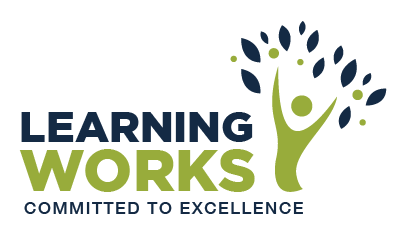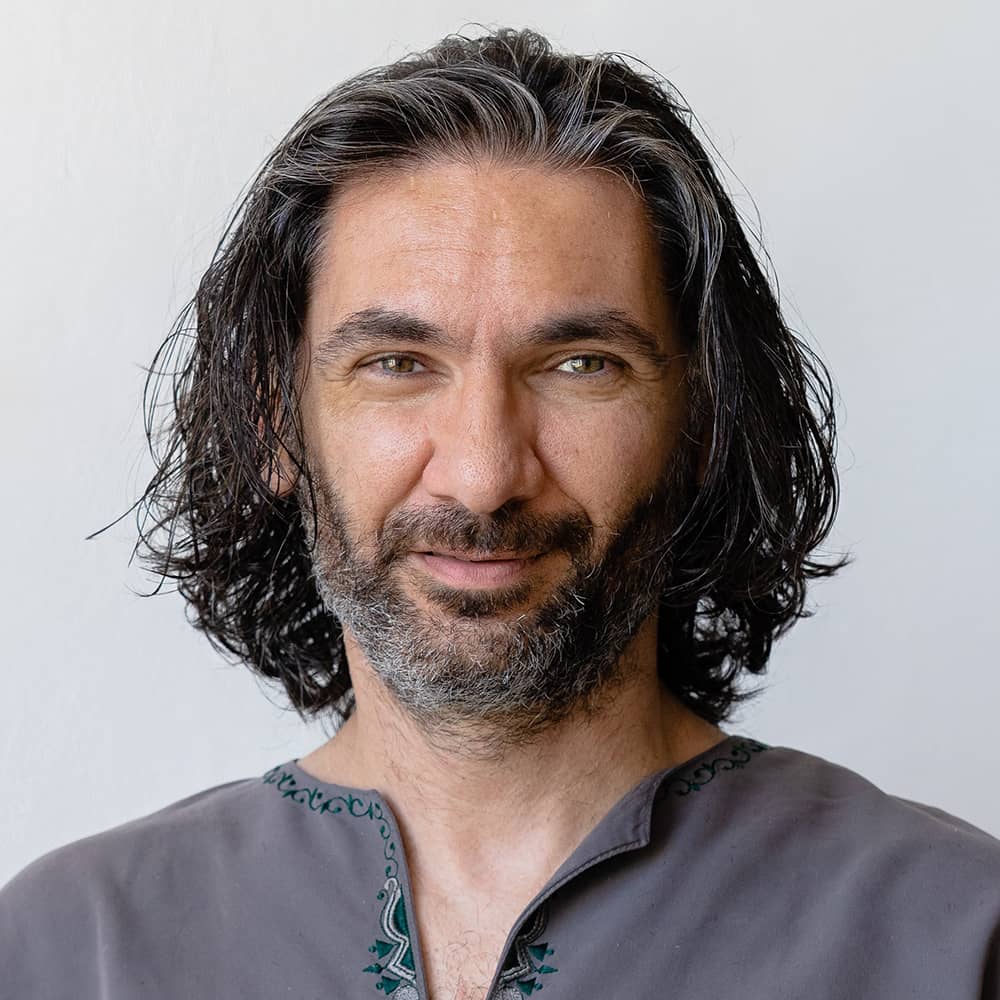Course Description
Acting for Film and TV is a one-module course introducing students into the world of on-screen acting. It applies a range of methodologies to blend film and television acting through the critical foundations of theatre technique. The course accompanies students on a journey from the early stages of approaching auditions to analysing a script and having optimal on-screen presence. Being practice-based and hands-on, it focuses on providing students with a strong foundation of acting in relation to the camera, including movement and voice training, script analysis, characterisation, and improvisation skills. Students will also be guided in keeping a reflective journal of their work to complement and enhance the practice.
The learner will be able to: a) Develop a practical understanding of the skills required by the on-screen actor (including how energy, focus, engagement, and relationality to cameras can be enhanced through training); b) Apply a variety of acting approaches to work in front of the camera’; c) Apply and develop learnt techniques in individual and collective work; d) Understand the wider ethical and professional dimensions of such practical work. e) Critically reflect on the practical work and the research conducted (via a reflective journal). Furthermore the learner will be able to: a) Undertake autonomous and independent working b) Work in groups whilst exercising professional c) Reflect and develop creative and personal skills d) Identify health and safety and ethical issues in About the lecturer: Mr. Malcolm Galea Malcolm Galea has been writing, directing and acting for theatre and film since 2003. His awards include the 2012 Francis Ebejer Playwriting Award for Best Children’s Play and the Off-West End Award for Best New Musical in 2011. Apart from a number of roles on local and international films of various budgets, Malcolm wrote the screenplay for 20,000 Reasons. |
Learning Outcomes
By the end of the course programme, students will be able to:
- Develop a practical understanding of the skills required by the on-screen actor (including how energy, focus, engagement, and relationality to cameras can be enhanced through training).
- Apply a variety of acting approaches to work in front of the camera.
- Learn and apply a variety of acting approaches.
- Apply and develop learnt techniques in individual and collective work.
- Understand the wider ethical and professional dimensions of such practical work.
- Critically reflect on the practical work and the research conducted (via a reflective journal).
- Undertake autonomous and independent working practices, exercising initiative and personal responsibility.
- Work in groups whilst exercising professional protocol.
- Reflect and develop creative and personal skills through writing and practical work.
- Identify health and safety and ethical issues in on-screen work and undertake risk assessments of their own practice.
Target Candidates
Candidates aiming to become performing artists, actors in particular.
Actors who would like to brush-up or sharpen their skills for on-screen acting.
| Course Code | Duration | Credit Value | Next Intake | FT/PT |
|---|---|---|---|---|
| LW/O/01 | 4 months | 6 ECTS | May 2024 | PT |
| Contact Hours | Placement Hours | Self Study Hours | Assessment Hours | Total Learning Hours |
|---|---|---|---|---|
| 30 | 15 | 100 | 5 | 150 |
Mode of Training
Face-to-Face practical lectures
Assessment
Presentation and reflective journal
Awarding Body
Learning Works
Lecturers
Course Structure
Acting for Film and TV is an introductory course into the world of on-screen acting. It applies a range of methodologies to blend film and television acting through the critical foundations of theatre technique. The course accompanies students on a journey from the early stages of approaching auditions to analysing a script and having optimal on-screen presence. Being practice-based and hands-on, it focuses on providing students with a strong foundation of acting in relation to the camera, including movement and voice training, script analysis, characterisation, and improvisation skills. Students will also be guided in keeping a reflective journal of their work to complement and enhance the practice.
Course Schedule
Part 1: The Actor and the Camera
Session 1: Introduction to Acting for Film and TV
Session 2: The Relationship between Actor and Camera 1
Session 3: The Relationship between Actor and Camera 2
Session 4: The Relationship with One’s Body and Voice 1
Session 5: The Relationship with One’s Body and Voice 2
Part 2: The Actor and the Script
Session 6: Script Analysis
Session 7: Character Work 1
Session 8: Character Work 2
Session 9: Monologue, Duologue and Dialogue 1
Session 10: Monologue, Duologue and Dialogue 2
Part 3: The Actor and the Set
Session 11: Approaching Auditions and Casting
Session 12: On-Set Dynamics and Protocol
Session 13: Analysing One’s On-Screen Presence
Session 14: Preparing for Student Presentations
Session 15: Student Presentations
Entry Requirements
- Proficiency of C1 or C2 in the English language
- Age 16+

